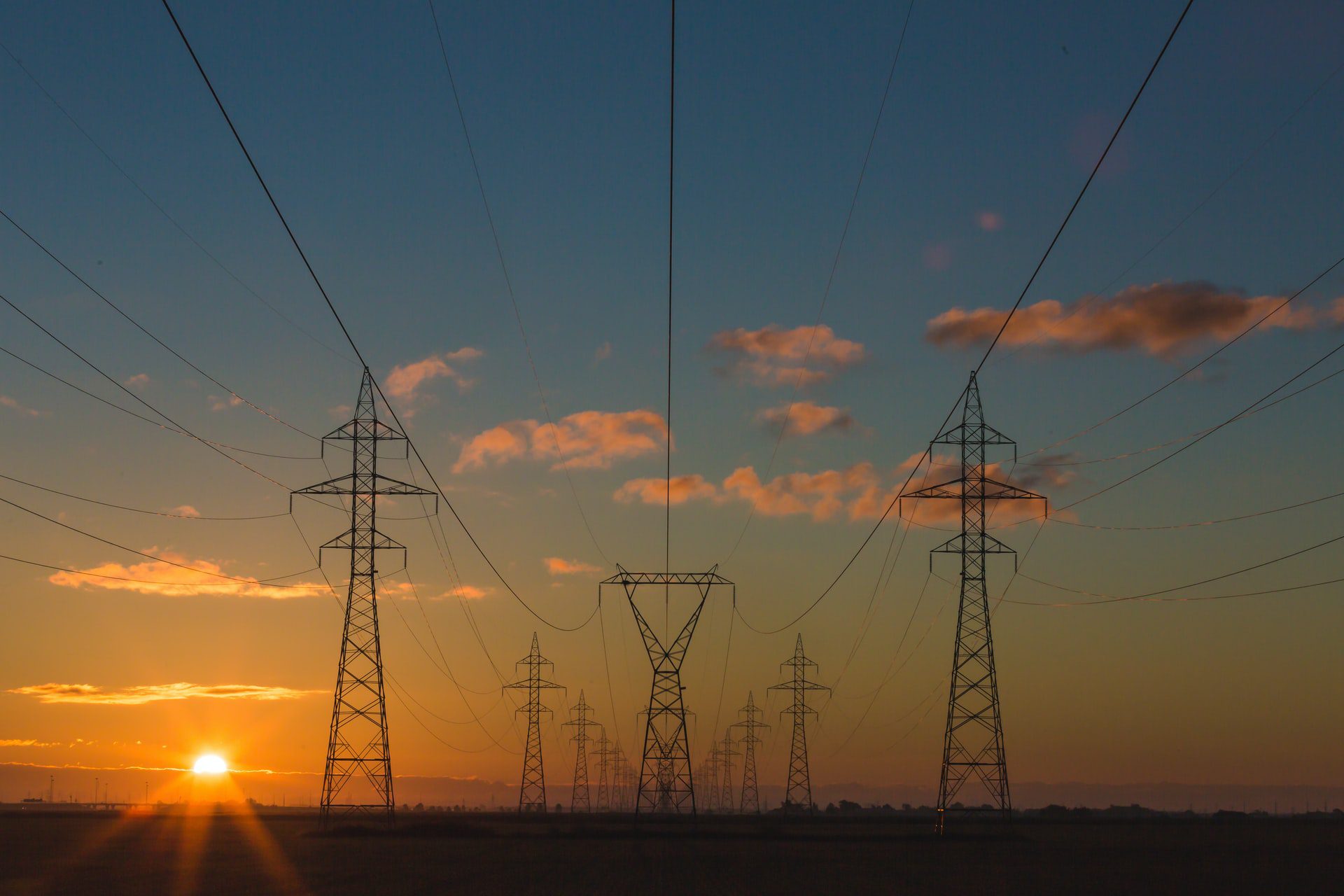
At the July plenary of the EU Parliament, the European Union again took up the discussion of windfall taxes on energy companies.
A windfall tax is a one-off, special tax on a company’s profits when they appear to be extremely large or excessive, and earned not through astute business practices but through unforeseen circumstances in economic or market conditions—in other words, profits that are ‘a windfall.’
With energy prices excessively high due to the war in Ukraine and inflation, there is some evidence that the circumstances are benefiting certain sectors of the energy industry through enormous profits.
Bloomberg reported in March that the international energy agency estimates that current market conditions could lead to excess profits of up to €200 billion ($220 billion) in the EU for gas, coal, nuclear, hydropower, and other renewables in 2022.
Within the EU, proponents of windfall taxes consider these profits earned on the backs of consumers paying higher prices, and that the one-off tax can be used to alleviate the burden of consumers without interfering in the market. Opponents note that such a tax is difficult to implement fairly and that if companies are already earning greater profits, they are already paying more taxes. They also argue that in the current push for an energy transition, companies need the extra money to invest.
The EU Commission first put the idea of applying a windfall tax on the table in May with its REPower EU plan. The plan was meant to address member states prescinding from Russian oil, gas, and coal, either because of the agreed EU embargoes against the products, the likelihood of Russia cutting off gas to EU countries, or because of a long-term plan to disconnect from Russian fossil fuels. The commission encouraged member states to impose windfall taxes and invest the money in an energy transition or in helping households pay their energy bills.
It did not initially propose a block-wide policy, but two months later, both the commission and the new Czechia presidency are ready to consider options for an EU-wide windfall tax strategy.
On behalf of the Czechia presidency, Mikulas Bek, Czechia’s minister of EU affairs, endorsed the possibility before the EU Parliament on July 6th.
“It is one of the best measures in a context where both households and companies are suffering greatly under energy prices,” he said. “[Windfall taxes] are certainly worth considering.”
He acknowledged that direct taxation is the competency of member states, but that there are also instruments the EU has at its disposal, though without giving further details.
Commission Vice President Vera Jourova, who is also Czech, followed up with the commissions’ general endorsement windfall taxes. She said that though member states and EU institutions had taken steps to address the crisis of energy prices, “we have to acknowledge that issues persist.”
She cited the fact that several countries had imposed windfall taxes, which could be used as case studies for the commission and other countries. She said that the commission was in the process of closely studying whether a wider policy “is a good idea.”
The debate was predictable.
The Left advocated for redistribution through a windfall tax; those parties with right-leaning economic policies voiced objection to the tax.
However, in May, the EU Parliament passed a resolution that, among a slew of measures to mitigate the economic damage caused by the war in Ukraine, “calls on the Commission and the Member States to coordinate the design of windfall profit taxation schemes or other regulatory measures.”
Spain, Italy, Bulgaria, and France have all implemented windfall taxes on energy companies.
